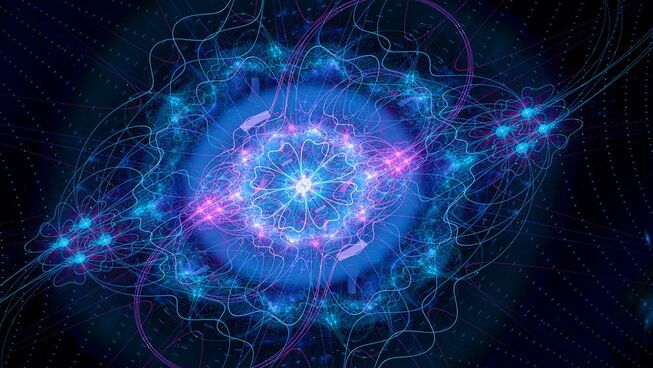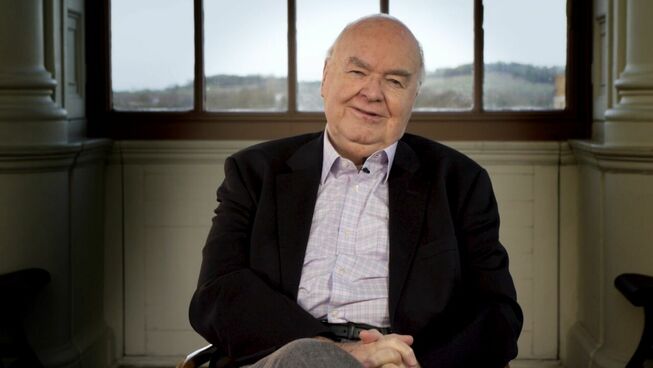We don't know so...no

It’s exciting to see that there’s such an interest in a dialogue about faith and science. It’s exciting to hear that three of the four moderated discussions (popularly referred to as “debates”) were sold out. People seem to be interested in hearing people talking about God, whether they believe in him or not. (Find them in our library)
One of the most common questions in discussions and debates is: Why do we need God if science can explain the world? For the Krauss-Craig discussion, the advances in cosmology were particularly relevant. Krauss claims, and has written a book arguing, that the universe doesn’t need a creator. Nothing made something, and he has seeks to answer how.
Christians have been critiqued for an attitude of a “God-of-the-gaps,” whereby we attribute everything to him that can’t be explained. But I wonder if the opposite isn’t occasionally true of sceptics; that they may employ a no-God-in-the-filled-bits policy. That is, if we can understand how something works scientifically, the question of God is defunct.
John Lennox challenges this idea in his rebuttal of Stephen Hawking: “Contrary to what Hawking claims, physical laws can never provide a complete explanation of the universe. Laws themselves do not create anything, they are merely a description of what happens under certain conditions. What Hawking appears to have done is to confuse law with agency. His call on us to choose between God and physics is a bit like someone demanding that we choose between aeronautical engineer Sir Frank Whittle and the laws of physics to explain the jet engine. That is a confusion of category. The laws of physics can explain how the jet engine works, but someone had to build the thing, put in the fuel and start it up. The jet could not have been created without the laws of physics on their own- but the task of development and creation needed the genius of Whittle as its agent.” See the article here.
The question of agency (though in a different outfit) is raised in Lawrence Krauss’ new book, A Universe From Nothing. His central argument is made in effort to explain how “nothing” can make “something” (though his use of the terms is controversial, and has borne many debates literally about nothing). Throughout the book he explains what dark matter is. He explains the history of cosmology. But nowhere does he truly explain why this “nothing” is the next nail in God’s coffin.In fact, on page 176 he addresses the issue in parentheses, in regards to the multiverse:
“Although to be fair, to make any scientific progress in calculating possibilities, we generally assume that certain properties, like quantum mechanics, permeate all possibilities. I have no idea if this notion can be usefully dispensed with, or at least I don’t know of any productive work in this regard.”
He essentially leaves us where we started: we don’t know where the laws came from.
A guest post from Phil McGann


